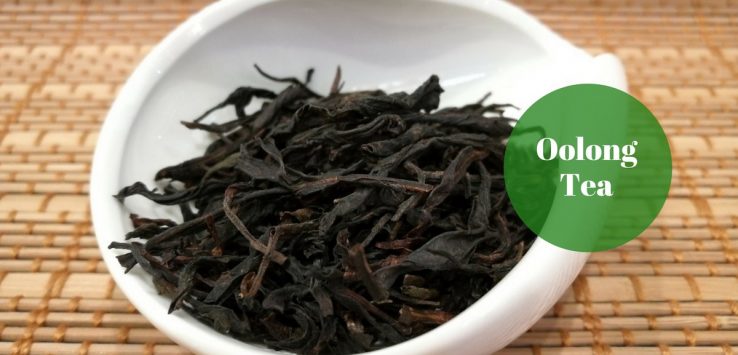- 1Share
Having the qualities of green tea and black tea, the traditional and robust oolong tea is a powerhouse of the essential minerals. It contains manganese, calcium, copper, and potassium. However, despite the oolong tea benefits, there also are a few oolong tea side effects due to the presence of caffeine. So, let’s have a look at them!
What Is Oolong Tea?
Oolong tea is different. It cannot be completely described as green or black tea, but it has the characteristics of both the two. However, that depends on the tea leaf oxidation as well as the processing method.
Oolong has partially fermented tea leaves, as opposed to full fermentation in black tea leaves and zero fermentation in green tea leaves. And yes, oolong is caffeine-based. But, it’s mostly used to enhance mental health and prevent low bone density.
Oolong Tea Benefits
1. Oolong tea and weight loss go hand in hand. It effectively promotes a faster metabolism that helps reduce your body fat, and also maintains it in the long run.
2. Oolong tea benefits in the prevention of free radical damage that may affect your overall health. The tea acts as an antioxidant to fight against these harmful free-moving cells.
3. The anti-cancerous properties of oolong tea make it a significantly healthier option to combat the symptoms of ovarian cancer.
4. Having a cup of oolong tea daily improves skin health in just a matter of weeks. It shows positive and lasting results.
5. Oolong tea benefits include stronger bones to promote healthy growth of your body. You are less likely to lose your bone mineral density and can retain essential minerals.
6. For the treatment of diabetes, use oolong tea along with other preventive measures. Oolong tea benefits to regulate the blood sugar levels and avoid the sudden spike or dip.
7. Oolong tea is fat-free and zero-calorie drink. Plus, the nutritional values are immense. It contains a small amount of folic acid, detoxifying alkaloids along with vitamin A, B, C, E, and K.
Oolong Tea Side Effects
1. Before adding oolong tea to your routine, check with your personal health expert if it’s safe to use in case you already are on any high dosage medications.
2. Excessive consumption can lead to insomnia, headache, diarrhea or loss of appetite.
3. Oolong tea can interfere with the levels of iron in your body. It may cause irritability, fatigue or anemia.
4. Pregnant women or nursing mothers should have limited intake. It can affect the growth of the fetus.
5. If you are caffeine intolerant, avoid having oolong tea. It can lead to skin rashes, sleep deprivation or hives.
Note: Articles on Ayurvedum are solely for the purpose of sharing the goodness of Ayurveda and bringing awareness on natural and healthy living. Please do not substitute it for professional medical advice. Ingredients discussed can interfere with certain medications. So, before using anything to treat yourself, always consult an Ayurveda doctor or practitioner.






Leave a Reply